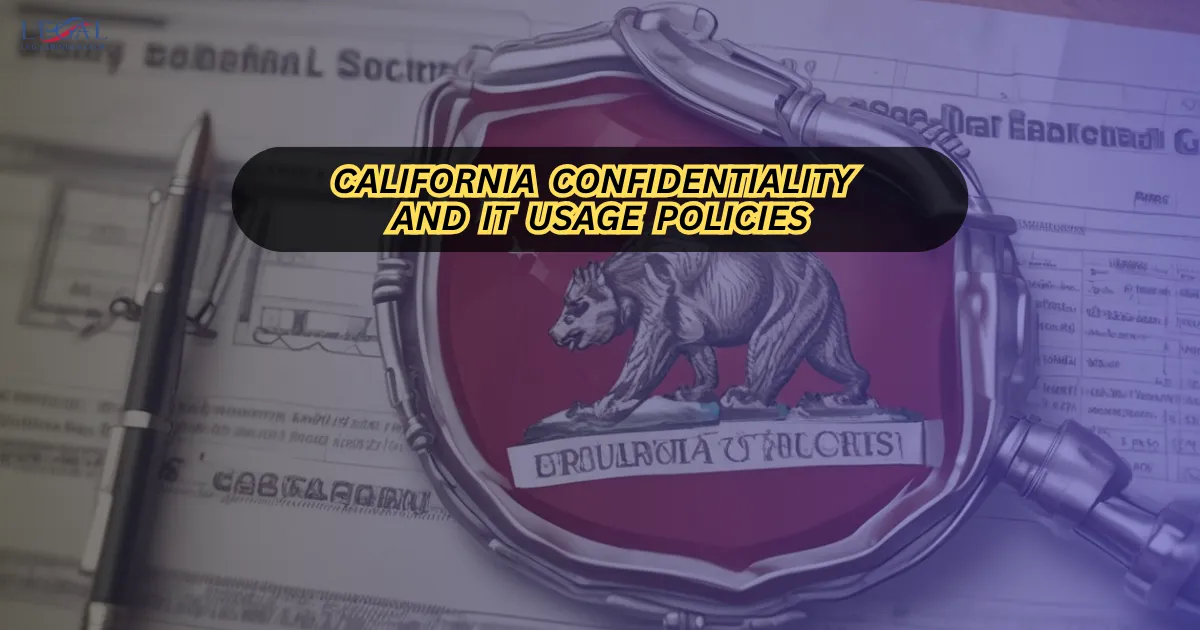Physical Address
304 North Cardinal St.
Dorchester Center, MA 02124
Physical Address
304 North Cardinal St.
Dorchester Center, MA 02124

Earnest money and down payments in purchase agreements California are not just financial terms—they are trust signals that can make or break a property deal. Whether you’re in the process of buying your first home in California, selling an investment property, or negotiating a commercial building purchase, knowing how these payments work will protect your interests and help your transaction run smoothly.

Imagine you’ve found your dream home and made an offer the seller loves. But without an adequate earnest money deposit, the seller hesitates and accepts someone else’s offer. Or consider the opposite—you put down money without fully understanding the conditions for its refund, only to lose thousands when the deal falls through. This guide will give you the clarity to handle earnest money and down payments with confidence so you can move from offer to ownership without costly mistakes.
For more California real estate transaction tips and legal templates, visit our homepage.
Earnest money is a deposit made by the buyer to demonstrate serious intent to purchase a property. In California, this deposit is typically held in escrow and is later applied toward the buyer’s closing costs or down payment.
California association forms like the CAR (California Association of Realtors) Residential Purchase Agreement often include specific clauses for handling earnest money.
A down payment is the portion of the property’s purchase price that the buyer pays upfront at closing, separate from closing costs. It’s a key factor for lenders in mortgage approvals.

| Feature | Earnest Money | Down Payment |
|---|---|---|
| Timing | Paid after offer acceptance | Paid at closing |
| Purpose | Shows buyer’s commitment | Reduces loan amount needed |
| Refundability | Refundable under certain contingencies | Generally non-refundable after closing |
Allows the buyer to withdraw based on inspection results and reclaim earnest money.
Protects the buyer if mortgage approval is denied.
Ensures the property’s appraised value meets or exceeds the purchase price.
Official state resource for real estate regulations: California Department of Real Estate
Is earnest money required in California?No, but it’s common practice and strengthens your offer.What happens to earnest money if I back out?If you have a valid contingency, it’s refunded; otherwise, the seller may keep it.Is the down payment separate from earnest money?Yes, but earnest money is often applied toward the down payment at closing.Can my earnest money be part of closing costs?It’s typically applied toward your total due at closing, which could include the down payment and/or closing costs.

Mastering how to handle earnest money and down payments in purchase agreements California ensures you protect your finances and maintain credibility in negotiations. By understanding their differences, purposes, and legal safeguards, you can confidently commit to a property purchase without unnecessary risk.
Remember: your purchase agreement is your roadmap—read it, know your contingencies, and work with trusted California real estate professionals.
For more expert real estate guidance and updated California forms, visit our home page.